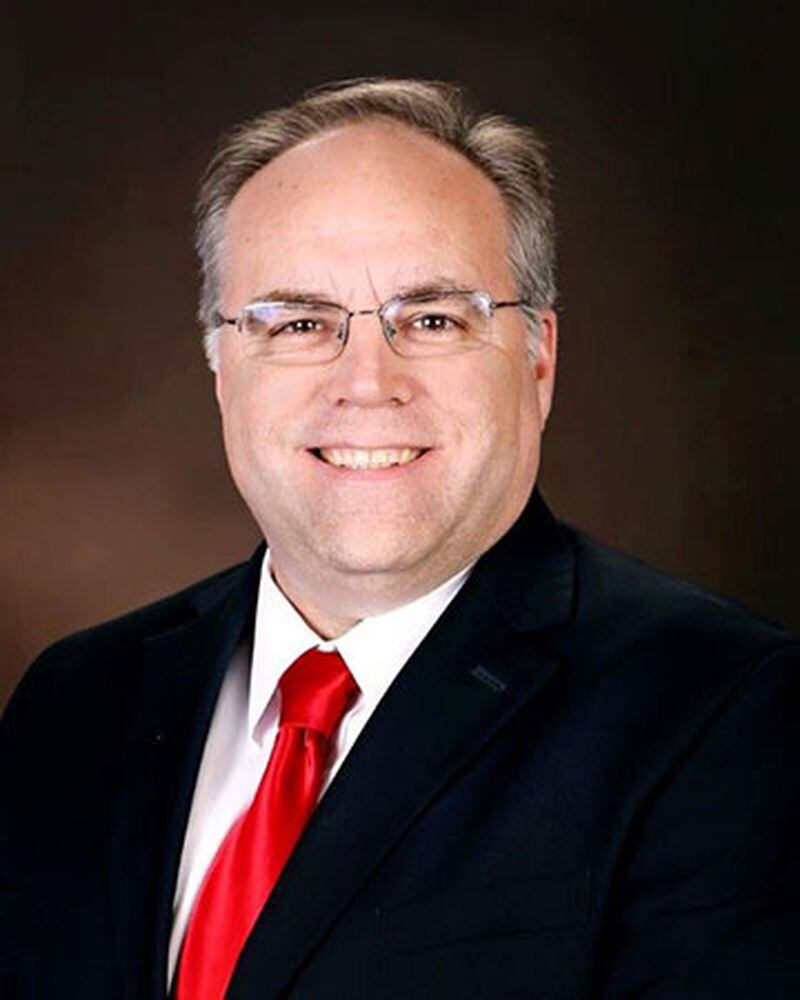Lawmakers appear poised to have Georgia join a growing number of states with mandatory e-filing systems, in which lawyers can submit lawsuits and court motions with a click of a mouse on their computers.
But First Amendment advocates are expressing concern that the new system could diminish the public’s access to court records and allow clerks and private vendors to gouge users for copies and downloads of documents. Court clerks disagree, saying the public will have just as much access as it has now.
House Bill 15, which passed 168-5 in the House, cleared the Senate Judiciary Committee on Thursday. It would mandate e-filing in civil cases at the start of next year in all Superior and State Courts. Only Fulton and DeKalb counties already have mandatory e-filing systems.
"Its time has come," said Rep. Wendell Willard, R-Sandy Springs, the bill's chief sponsor. "The benefit will be a lot easier access for those of us who practice law. We'll no longer have to drive down to the courthouse to file our documents or pay couriers to do it. We're at a point in time where the technology is there to make this happen."
Ideally, Georgia would have the same e-filing system — like the one used in all federal courts — in every court clerk’s office, Willard said. But because the state is unwilling to bear that cost, the bill calls for a piecemeal arrangement, allowing each county to choose its own system from the few private vendors available.
Under HB 15, pro se plaintiffs — people who represent themselves because they can’t afford a lawyer — will not be charged fees that lawyers must pay when filing lawsuits and motions on behalf of their clients.
Otherwise, the legislation sets the cost of each e-filed transaction at no more than $7. But it does not specify what people must pay to access and copy those records, said Hollie Manheimer, executive director of the Georgia First Amendment Foundation.
“Without any limits in place, individual clerks and private e-filing vendors could charge the public exorbitant fees simply to access public court documents,” Manheimer wrote in a letter last week to the Senate Judiciary Committee. (The Atlanta Journal-Constitution’s deputy managing editor, Shawn McIntosh, is the foundation’s president, and AJC senior editor/investigations Ken Foskett sits on its board.)
Mike Holiman, a lobbyist for the Superior Court Clerks’ Association, said this will not happen. Clerks are now supposed to charge 50 cents a page for copies of court documents, and that will continue to be the case under the new legislation, he said.
The simplest way to avoid problems is to ensure that court documents can be accessed at no charge on a public terminal at the courthouse, Manheimer said. But there is no such provision in HB 15 requiring public access computers.
Manheimer also noted the legislation says an e-filed court document will not be subject to public disclosure “until it has been physically accepted by the clerk.” This could delay the release of public records “anywhere from a few hours to several days,” she said.
That’s unlikely, said Forsyth County Superior Court Clerk Greg Allen. Under the paper system, it’s not unusual for a clerk to reject a suit because it was mistakenly filed in the wrong court, Allen said. But with e-filing, it should take “hours, if not minutes,” to make documents available after they’ve been filed, he predicted.
Holiman agreed. “They’re going to be available as quickly or more quickly than they are now,” he said. “Clerks are about providing access to records.”
First Amendment lawyer Peter Canfield said the legislation wrongly turns the dissemination of public records into “a money-making opportunity for clerks and private vendors.”
“The law should make it easy to see court records,” said Canfield, who represents Courthouse News Service, which provides summaries of lawsuits filed in courts nationwide. “This bill would make it difficult and expensive.”
An amendment approved by the Senate committee on Thursday says none of the fees charged for e-filing can be funneled to a clerk or the clerks’ cooperative authority.
More than 20 states and the federal courts have mandatory e-filing systems, said Jim McMillen, a technology consultant for the National Center for State Courts.
“Courts that have embraced e-filing have recognized this fact and have provided faster, easier and less costly service to the public and attorneys,” he said. “Now some might argue that e-filing fees add cost, but there have been many studies that show that the time and cost to produce and transport paper documents is three to five times more costly. Once the legal system uses e-filing, they don’t want to go back to the old paper.”
Willard said he is aware of the concerns expressed by First Amendment advocates. “If there does turn out to be a problem,” he said, “I’ll take a look at it when the Legislature comes back next year.”









